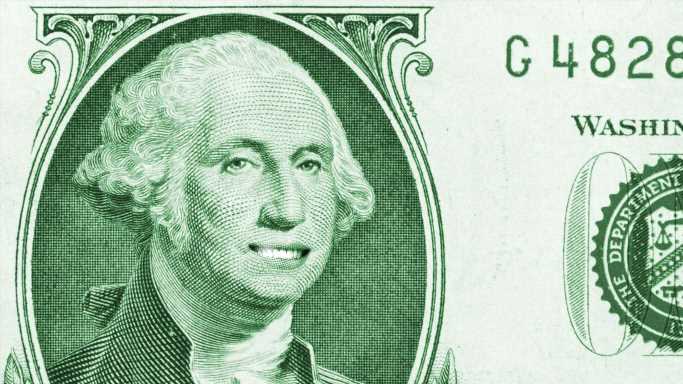Amazon's free shipping and returns are great for customers, but costly to a company in the midst of trimming.
Why it matters: The company is now asking people to pony up for conveniences they've become accustomed to.
- Amazon earlier this year raised the minimum order size for free grocery delivery through Amazon Fresh.
- This week, The Information first reported that Amazon will start charging people $1 if they return purchases to a UPS store when a Kohl's, Amazon-owned Whole Foods or Amazon Fresh store is closer to their delivery address.
Flashback: In 2021, Amazon charged customers $10 for Whole Foods delivery after previously offering the service for free to Prime members.
- “Growth of delivery drives operating costs that we do not want to shift to product prices,” a spokesperson told Bloomberg at the time.
Driving the change of tune: Disappearance of pandemic e-commerce boom and a massively different macroeconomic environment.
- E-commerce sales as a share of overall retail sales have fallen from a record high of 16.4% in the second quarter of 2020 to 14.7% at the end of last year, according to the latest government data.
- Interest rates are higher now too, making it more costly for businesses to operate.
What they're saying: Free shipping and returns were birthed to spur people to shop more online, Arnab Sinha, a managing director and senior partner at BCG, tells Axios in an email. "The pandemic and its aftermath turbocharged all those habits."
- In an era of cheap capital, companies and investors were stomaching the costly shipping perk so long as it drove growth.
- "I’d hypothesize that the renewed focus on profitable growth (coupled with increasing costs of processing returns) is what is pressurizing returns, overall," Sinha says.
The big picture: "Pure online retailers like Wayfair and Chewy and Amazon and even Walmart.com are suffering from lower volumes, which means there's less package volume to be shipped, which means there's less revenue to absorb fixed costs or any increase in variable cost," Marc Wulfraat, president of supply chain consultancy MWPVL International, tells Axios.
- All the new fees reflect the "cost of doing business, so it's about time."
Go deeper
- Amazon CEO: We're working "really hard" to cut costs
- Amazon leans into logistics as a service
Source: Read Full Article
-
UK 'in danger of becoming a two nation' state after Covid lockdowns'
-
Brit woman savaged to death by two Rottweilers as she ‘tried to stroke them’
-
Child holding a man's hand is among group of migrants arrive in Dover
-
Jan. 6 panel subpoenas Trump, shows startling new video – The Denver Post
-
Belmar blends housing with shopping, dining, entertainment options



